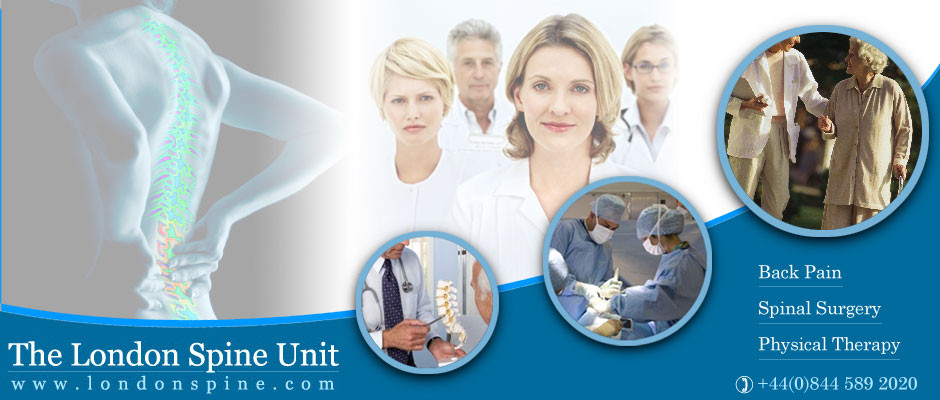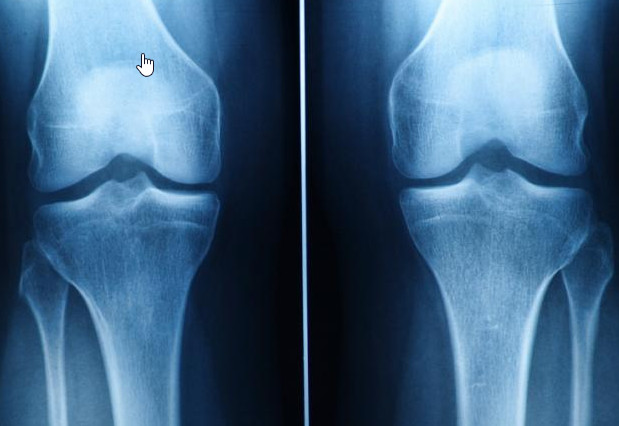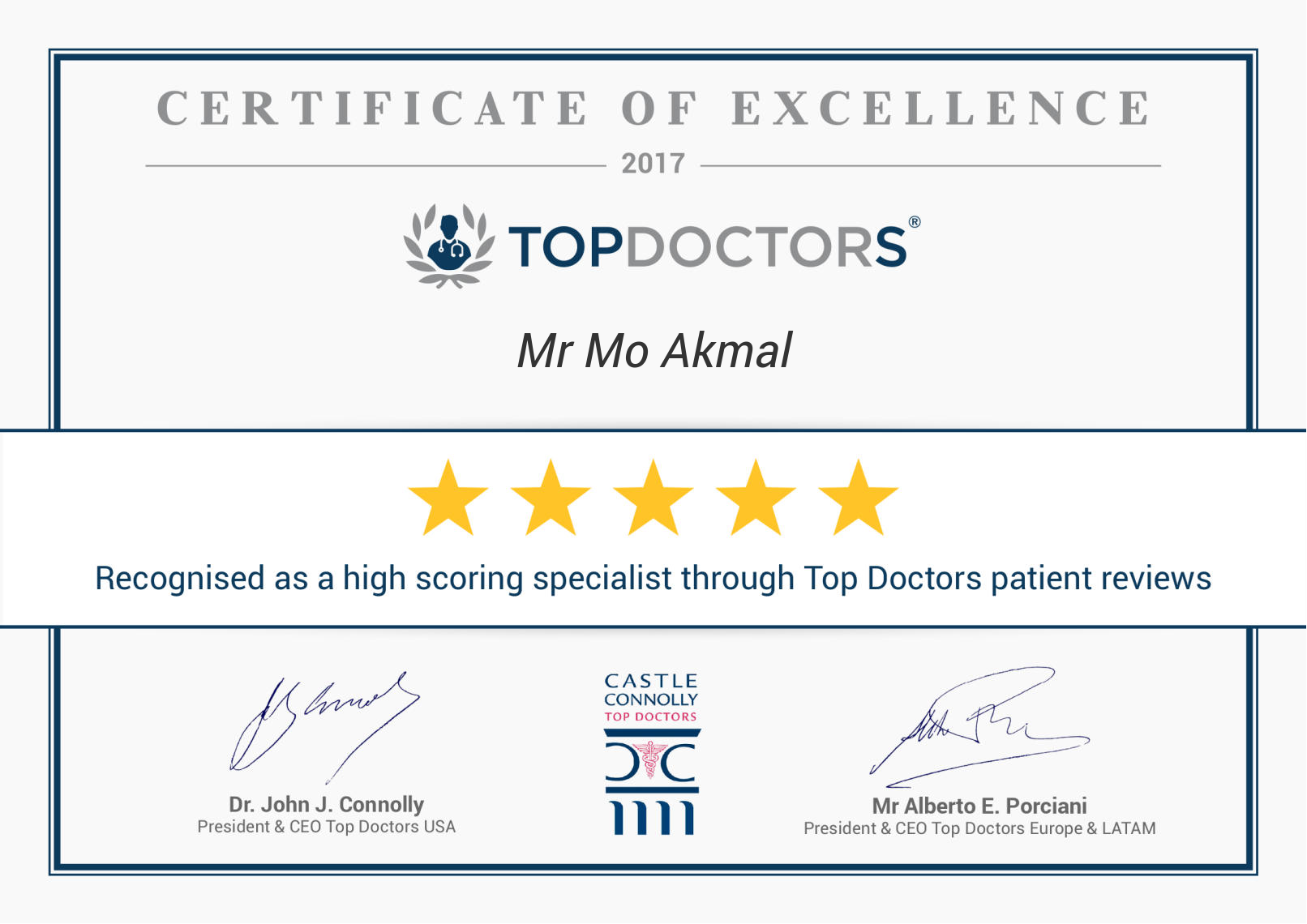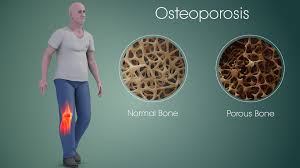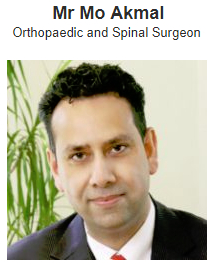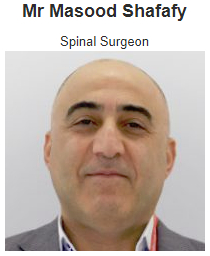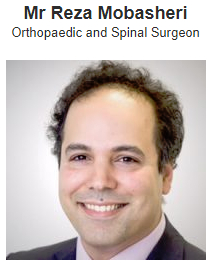Articular cartilage is the highly specialized connective tissue of mobile joints, whose main function is to provide an articulating surface with low friction and efficient support against mechanical loading. It is a tissue devoid of blood vessels, lymphatics, and nerve endings, so its intrinsic regenerative capacity is very low. The injuries produced in this type of tissue are difficult to treat and currently continue to be a challenge in the field of orthopedics.
Biological changes, including biomechanical and metabolic changes, as well as traumatisms, can lead to the loss of cartilage homeostasis, which increases significantly with age. This results in an accelerated decrease in the articular surface, which leads to the presence of osteoarthrosis.
The degenerative biological changes that frequently generate lesions in the articular cartilage of the knee are mainly associated with defects in the alignment of the joint, and with metabolic changes related to age such as occurs in osteoarthrosis. To date, there is no ideal treatment that can stimulate the regeneration of cartilage, so it is necessary to seek therapeutic alternatives for the treatment of this type of ailments.
In recent years, there has been an increase in the number of publications trying to show therapeutic and regenerative benefits when using platelet-rich plasma as a treatment for osteoarthrosis of the knee.
Up to this point, not all patients can benefit from this therapy, based on the results of clinical studies, where it is important to take into account aspects such as age and degree of cartilage wear.


